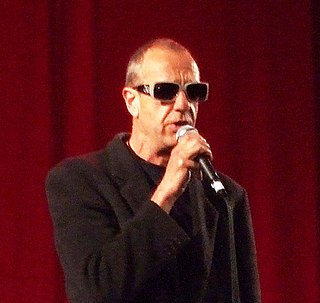A Quote by Arthur Smith
The history of the relationship between comedy and swimming is short indeed. Of course it is always funny when someone falls into water, but that's about it.
Related Quotes
That's part of the comedy, too, is we do have jokes throughout of hanging a lantern on the absurdity of the world. Like, when BoJack's flying over the neighborhood, you see some houses have swimming pools in the backyard, and what does that mean? Why would there be a swimming pool underwater? But we thought it was funny.
Well, for me, it's the relationship between comedy and life - that's the edge I live on, and maybe it's my protection against looking at the tragedy of it all. It's seeing life in balance. Comedy and tragedy co-exist. You can't have one without the other. I'm of the school that anything can be funny, if seen from a comedic point of view.
The key is just to ignore the pain, because physical comedy only works if you see someone get hurt and they aren't actually hurt. If someone gets hit in the face with a bat, falls down, and gets back up, it's funny. If they stay down and their jaw is wired shut in the next scene, it's really tragic and weird. You have to pretend it doesn't hurt.
I had always drawn, every day as long as I had held a pencil, and just assumed everyone else had too…Art had saved me and helped me fit in…Art was always my saving grace…Comedy didn’t come until much later for me. I’ve always tried to combine the two things, art and comedy, and couldn’t make a choice between the two. It was always my ambition to make comedy with an art-school slant, and art that could be funny instead of po-faced.
Knowing how to swim doesn't come from someone else showing you or someone else telling you or watching movies of other people swimming. It comes from having been in the water, knowing how to move yourself through the water and not sink. And it's true of virtually everything in our lives: knowing comes from direct experience.

































